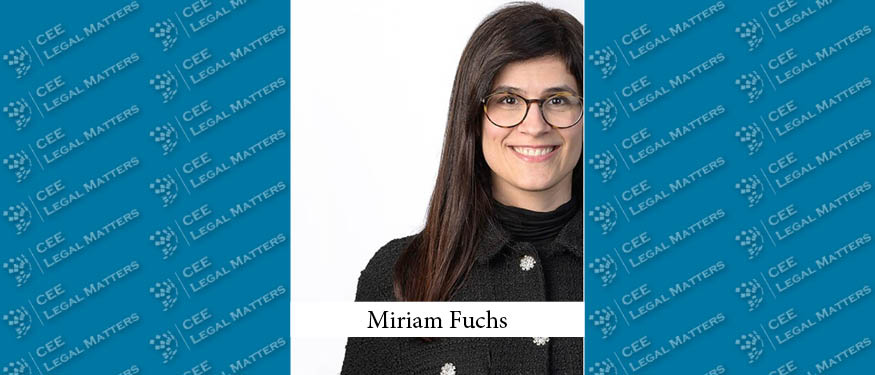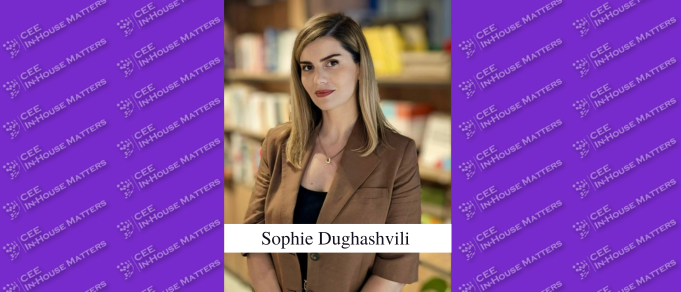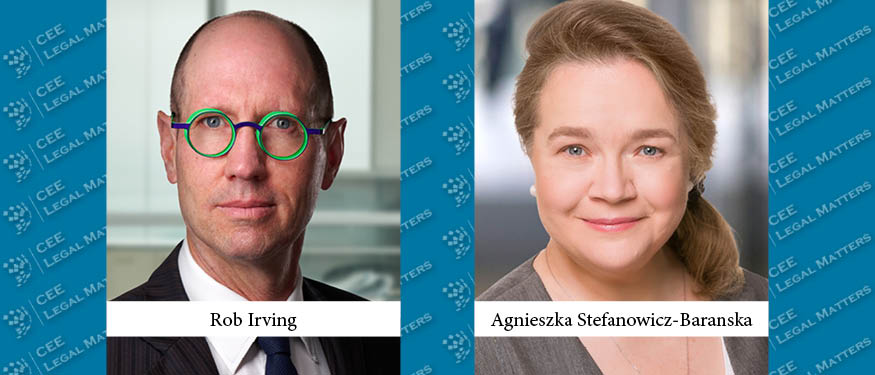The Hungarian Competition Authority (HCA) has recently adopted a decision in a repeated competition supervision proceeding concerning coordinated practices in public procurement procedures for diagnostic medical imaging devices in 2015. The proceeding was originally initiated in 2016. In its new decision, the HCA concluded that the undertakings involved coordinated their market behaviour infringing the prohibition on unfair market practices. The objective of their restrictive agreements was to pre-arrange the allocation of tenders in the affected procurements.
Taking into account mitigating factors, such as the undertakings’ cooperation in the repeated procedure, the HCA imposed fines of EUR 3.6 million.
The recent decision did not concern new infringements but was the result of repeated proceedings based on the same facts and conduct previously assessed. The HCA originally launched the case in 2016, investigating potential anti-competitive practices in certain public procurement procedures financed from EU funds in 2015.
In January 2020, the HCA issued its first decision on the matter, finding a cartel infringement and imposing a record fine of approximately EUR 4,1 million. The undertakings challenged the decision and the court later annulled it due to procedural deficiencies, ordering the HCA to repeat the proceeding.
The HCA reassessed the facts, addressed the procedural concerns and reached substantially the same conclusions on the infringement – however, it reduced the overall fine.
According to the authority, the undertakings coordinated the allocation of public tenders in advance and aligned their bidding prices in several procurement procedures for diagnostic medical equipment. The HCA considered the gravity of the infringement to be aggravated by the fact that it affected EU-funded healthcare procurements, amplifying the harm to public interest.
While the undertakings could not formally acknowledge the infringement – since it had already been confirmed by the Supreme Court of Hungary in the original case – they no longer contested the facts and waived their right to appeal.
As a result of the undertakings’s cooperative behaviour during the repeated procedure, the HCA granted a significant fine reduction, lowering the total amount from over EUR 4.1 million to EUR 3.6 million.
New HCA investigation into resale price maintenance practice in the vitamin and supplement market
On 11 August 2025, the HCA announced that it had launched competition supervision proceedings against a distributor of vitamins and dietary supplements, on suspicion of resale price maintenance (RPM). According to the HCA, the distributor may have set minimum consumer prices for certain products to be applied by its reseller partners. The information available to the HCA suggests that the alleged conduct may have had an appreciable effect on trade between EU Member States. Therefore, the authority initiated the investigation on a dual legal basis, under both Hungarian and EU competition law.
At the same time as launching the investigation, the HCA carried out unannounced on-site inspections at the distributor and at three other companies not subject to the proceedings but likely to possess relevant information on the conduct in question. The HCA stressed that the initiation of the proceeding does not mean that an infringement has been established; the procedure aims to clarify the facts and prove the alleged violation, if any.
The HCA emphasised that resale price maintenance is a serious infringement that restricts price competition between retailers and ultimately leads to higher consumer prices. The authority stated that the setting of resale prices is prohibited in all cases and that it takes firm action against such practices.
Legal advice and recommended action
The recent HCA decision in the repeated public procurement cartel case and the newly opened RPM investigation both highlight the authority’s firm stance on anti-competitive conduct in the life sciences and healthcare sector.
Life sciences and healthcare market participants – particularly those involved in public procurement procedures or distribution arrangements – should consider the following steps:
- Conduct a comprehensive competition compliance review.
- In the event of an investigation, carefully evaluate the available forms of cooperation (e.g., leniency, settlement or commitments), which may result in significant fine reductions.
- Implement or update internal compliance programs.
Companies active in these markets, you are encouraged to seek tailored competition law advice.
By Miriam Fuchs, Senior Associate, Wolf Theiss





















